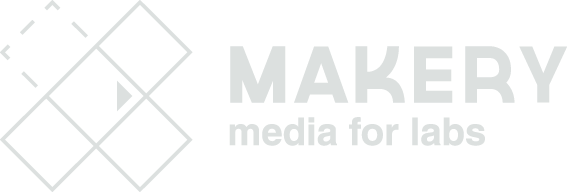OPEN EQUIPMENT FOR SCIENCE
Favor collaborative research
Encourage learning by doing
Build resources for open education
Encourage the use of open equipment for science
Develop experimental instrumentation for sciences
OPEN EQUIPMENT FOR HEALTHCARE
Improve diagnostic guidance
Develop portable laboratories
Encourage open source for medical devices
Co-design healthcare equipment
Synergize design, certification and practice
ACCESS TO HEALTHCARE
Equip medical deserts
Support NGO for refugees and natural disasters
Provide first-aid medicine and emergency services
Respond to challenges in public health and self-help
